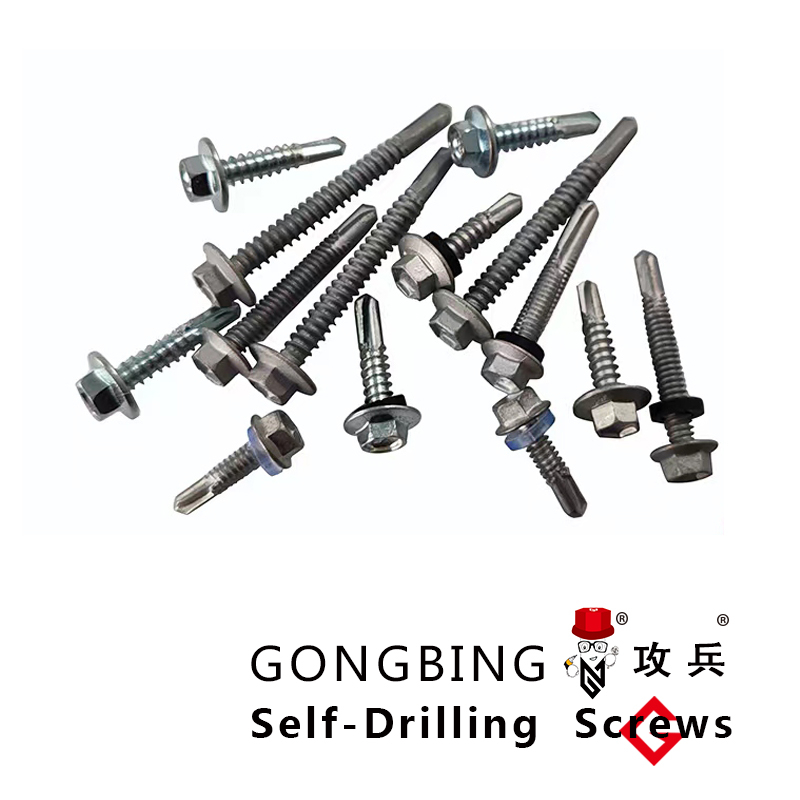Understanding the Functionality and Benefits of Expandable Bolts in Concrete Applications
Understanding Expandable Bolts for Concrete Applications
Concrete is one of the most widely used construction materials in the world, known for its durability and strength. However, when it comes to fastening components to concrete structures, one must carefully choose the right fastening system. One popular choice for anchoring in concrete is the expandable bolt, also known as an expansion bolt. This article explores the functionality, types, installation processes, and advantages of expandable bolts in concrete applications.
What are Expandable Bolts?
Expandable bolts are specially designed fasteners that secure objects to concrete by expanding as a bolt is tightened. They consist of a bolt, a sleeve, and a nut. When the bolt is turned, it draws the sleeve upward, causing it to expand against the walls of the drilled hole in the concrete. This action locks the bolt in place, ensuring a strong and reliable connection. Expandable bolts are available in various materials, including zinc-plated steel, stainless steel, and others, which provides flexibility depending on environmental conditions.
Types of Expandable Bolts
There are several types of expandable bolts, commonly categorized into two main groups mechanical and chemical anchors.
1. Mechanical Anchors These include wedge anchors and sleeve anchors. Wedge anchors are often used in heavier loading applications where maximum holding power is necessary. They expand against the concrete when the bolt is tightened, creating a strong grip. Sleeve anchors, on the other hand, are versatile and can be used in solid concrete or masonry. They are generally easier to install and are suitable for less demanding applications.
2. Chemical Anchors These involve the use of a resin or epoxy to bond the bolt to the concrete. Chemical anchors provide exceptional bonding strength and are particularly useful in situations where standard mechanical anchors may not provide adequate holding power, such as in cracked concrete or in high-stress applications.
Installation Process
Installing expandable bolts involves several key steps
1. Choose the Right Bolt Selecting the appropriate size and type of bolt based on the load requirements and the substrate quality is crucial.
expandable bolts concrete

3. Clean the Hole Dust and debris must be removed from the hole to ensure a secure bond, especially when using chemical anchors.
4. Insert the Bolt Place the expandable bolt into the hole. If using a chemical anchor, the resin must be mixed and injected into the hole before inserting the bolt.
5. Tighten the Bolt As the bolt is tightened, the sleeve or wedge expands, securing it in place.
Advantages of Using Expandable Bolts
1. Versatility Expandable bolts can be used for various applications, from mounting fixtures to securing heavy machinery.
2. Strength They provide excellent holding power in concrete, ensuring that the fixtures remain securely fastened, even under dynamic loads.
3. Ease of Installation Many types of expandable bolts do not require specialized tools or skills, allowing for quick and easy installation.
4. Corrosion Resistance Depending on the material, many expandable bolts are resistant to corrosion, making them suitable for outdoor applications or in environments exposed to moisture.
Conclusion
Expandable bolts are an essential component in concrete fastenings, offering a reliable and robust solution for connecting various fixtures and equipment. Their ease of installation and versatility make them a go-to choice for both DIY enthusiasts and professional contractors. By understanding the different types available and the proper installation techniques, one can ensure secure and durable fastening in diverse concrete applications.
-
Weatherproof Plastic Expansion Anchors for OutdoorNewsJun.06,2025
-
Sustainability in the Supply Chain: Eco-Friendly TEK Screws ProductionNewsJun.06,2025
-
Load-Bearing Capacity of External Insulation FixingsNewsJun.06,2025
-
Double Head Bolts: Enhancing Efficiency in Industrial MachineryNewsJun.06,2025
-
Corrosion Resistance in Chipboard Screws: Coatings for Wholesale DurabilityNewsJun.06,2025
-
Butterfly Toggle Bolts : Enhancing Structural ResilienceNewsJun.06,2025
